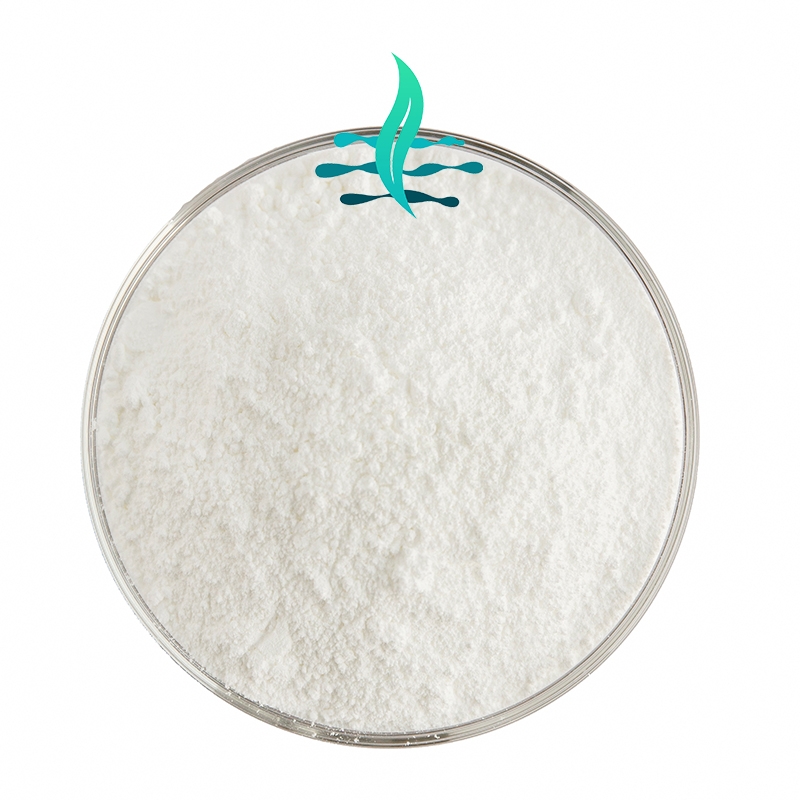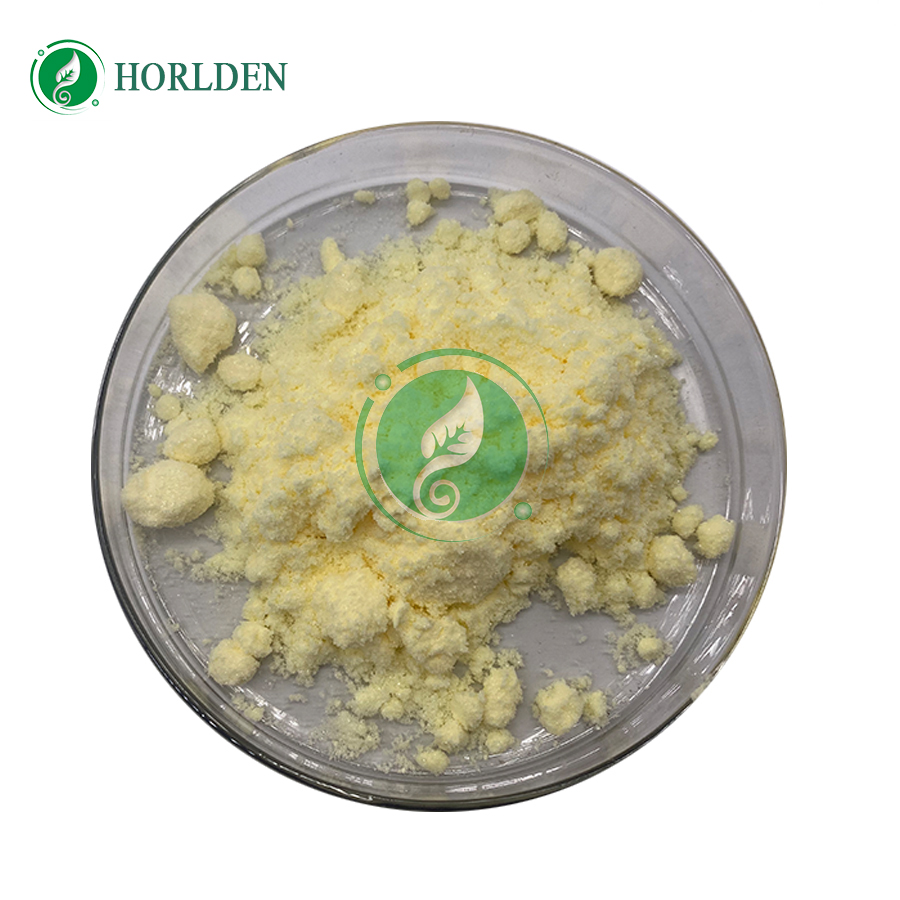-
Categories
-
Pharmaceutical Intermediates
-
Active Pharmaceutical Ingredients
-
Food Additives
- Industrial Coatings
- Agrochemicals
- Dyes and Pigments
- Surfactant
- Flavors and Fragrances
- Chemical Reagents
- Catalyst and Auxiliary
- Natural Products
- Inorganic Chemistry
-
Organic Chemistry
-
Biochemical Engineering
- Analytical Chemistry
- Cosmetic Ingredient
-
Pharmaceutical Intermediates
Promotion
ECHEMI Mall
Wholesale
Weekly Price
Exhibition
News
-
Trade Service
| This gene allows rice to "eat less" nitrogen and produce more rice |
SBM1 negatively regulates rice plant height, grain number per panicle, biomass and yield.
Photo courtesy of the Chinese Academy of Agricultural Sciences
Photo courtesy of the Chinese Academy of Agricultural Sciences
Recently, the rice functional genomics innovation team of China National Rice Research Institute revealed that SBM1, a major nutrient-efficient gene selected by rice evolutionary selection, affects rice yield
.
This research provides excellent alleles and theoretical basis for breeding environmentally friendly rice varieties with higher yield potential and nitrogen fertilizer use efficiency
.
(Plant Biotechnology Journal)
In recent years, due to the excessive input of chemical fertilizers in rice planting, new contradictions between the increase in output, resource consumption and environmental pollution have become increasingly prominent, and there is an urgent need to further tap the high yield potential of rice
.
Therefore, the effective screening and identification of rice nutrient-efficient major genes and new germplasm is a necessary way to direct selection of super rice varieties through molecular design, and it is also the key to solving current contradictions
.
The team used the recombinant inbred line population derived from the parental 93-11 and PA64s hybrids of the two-line super hybrid rice "Liangyou Peijiu", and a near-isogenic line derived from the target chromosome fragment of Kasalath indica rice with Nipponbare as a background.
Cloning of qSBM1, a major QTL that regulates rice biomass, located on the first chromosome of rice
.
The gene function verification showed that the down-regulation of the function of the SBM1 gene would lead to an increase in rice plant height, grain number per panicle, biomass and yield
.
Through sequence and phenotypic analysis of different types of rice germplasm materials from different environmental regions, the researchers found that SBM1 showed significant indica-japonica differentiation among different rice subgroups
.
Among them, the SBM1 type carried by the indica variety Kasalath is the most favorable genotype.
In addition, they also found that SBM1 can interact with the mitogen-activated protein kinase OsMPK6, which is related to the regulation of grain traits, and through gene editing technology proved that the two co-regulate biomass and grain number per ear
The research was funded by the National Natural Science Foundation of China, the National Key R&D Program and the Zhejiang Talent Program
Related paper information: https://doi.







